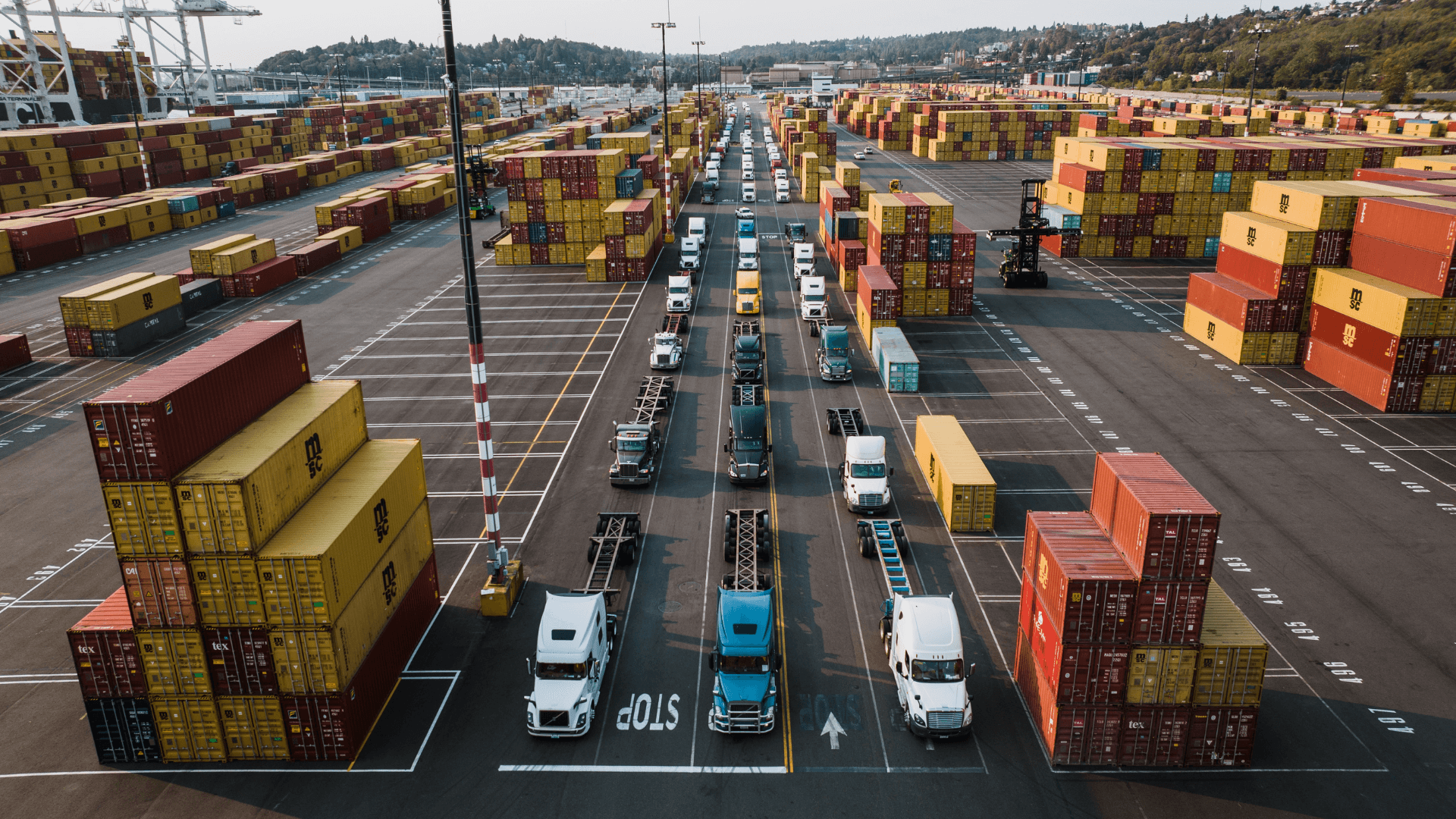In recent years, the trucking and logistics industry has faced significant challenges due to the rise in freight fraud, particularly double brokering. This issue has led to substantial financial losses, reputational damage, and operational disruptions for businesses involved in the transportation of goods. As we navigate 2024, it’s crucial for shippers to stay vigilant and adopt strategies to mitigate these risks.
Understanding Double Brokering
Double brokering is a scam where a freight broker or carrier takes a shipment and subcontracts it to another carrier without the shipper’s knowledge. The fraudster pockets the difference and, in some cases, the cargo is stolen or held ransom.
The financial toll of such schemes is staggering, with estimates of freight fraud costing the industry over $500 million annually.
Real-World Impacts
As Wall Street Journal conveys, Keith Brown, VP at GMH Trans, and Rob Hoffman, CEO of Dedicated Carriers, have both experienced the detrimental effects of double brokering.
Keith discovered his loads were intercepted, and his customers harassed, resulting in significant financial loss and reputational harm.
Rob faced similar challenges, with swindlers holding a $50,000 shipment of yogurt ransom. These cases highlight the critical need for effective fraud prevention measures.
The Mechanics of Double Brokering
Double brokering typically happens online through centralized hubs known as load boards. These platforms match truck drivers with loads, facilitating the transaction. However, the anonymity of the internet allows scammers to thrive.
Criminal groups, often based internationally, exploit these platforms, using fake names, addresses, and phone numbers to perpetrate their fraud.
Steps to Protect Your Shipments
Enhanced Verification Procedures: Shippers and brokers must adopt rigorous verification procedures. Ensuring that carriers are properly vetted, including verifying their credentials and their legitimacy, can significantly reduce the risk of fraud. But ultimately, the simplest and most effective way to mitigate the issue is through a direct match with a contracted, asset-based partner.
Utilize Digital Tools: Leveraging digital freight matching platforms and tools that offer real-time tracking and visibility can help monitor shipments at every stage. These tools can provide an additional layer of security, ensuring that only trusted carriers handle your cargo.
Foster Strong Relationships: Building strong relationships with carriers can mitigate the risk of double brokering. Carriers with a vested interest in maintaining a positive reputation are more likely to take proactive measures to prevent cargo theft and fraud.
Consistent Communication: Maintaining open and transparent communication with all parties involved in the shipping process is crucial. Clear communication can help identify potential issues early and address them before they escalate.
Implement Security Measures: Additional security measures, such as GPS tracking, surveillance cameras, and regular training for employees, can enhance the overall security of your shipments. These measures can deter fraudsters and provide peace of mind.
The Role of Technology and Regulations
The evolution of load boards and digital platforms has made it easier for swindlers to commit fraud. These platforms need to implement more robust security measures, such as identity verification and multifactor authentication, to protect against fraudulent activity.
Additionally, regulatory bodies like the FMCSA must update their systems and take a more active role in preventing fraud.
Building a Secure Future
As the industry continues to face the challenges of freight fraud, it’s essential to stay proactive. Implementing comprehensive security measures, leveraging technology, and fostering strong partnerships can help protect your shipments and ensure a smooth, secure supply chain.
At Select Carriers, we are committed to helping our partners navigate these challenges by providing reliable, asset-based solutions. Our approach emphasizes trust, transparency, and strategic collaboration. It removes the layer where fraud can thrive, and it allows our shipper partners to know the underlying carrier. The result is a safer, more transparent, and more efficient logistics ecosystem.
Double brokering and freight fraud present significant risks to the logistics industry. By de-emphasizing brokers and fostering direct asset-based relationships, shippers can protect their cargo, reduce risk, and mitigate fraud in today’s challenging environment.




